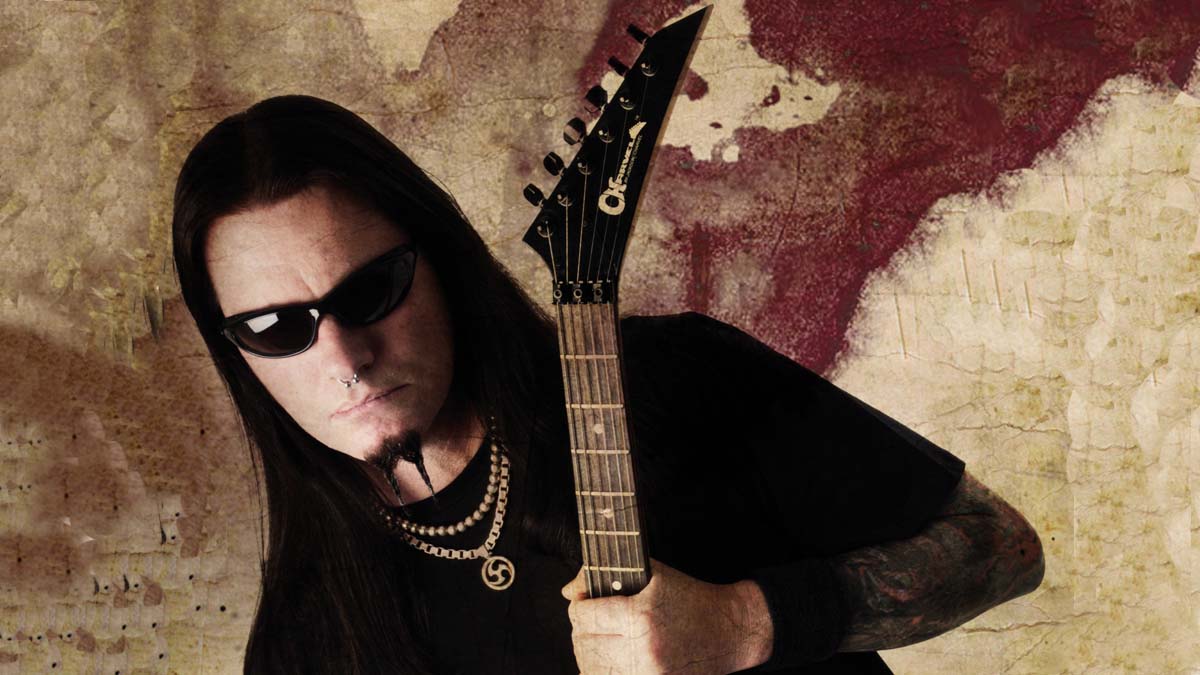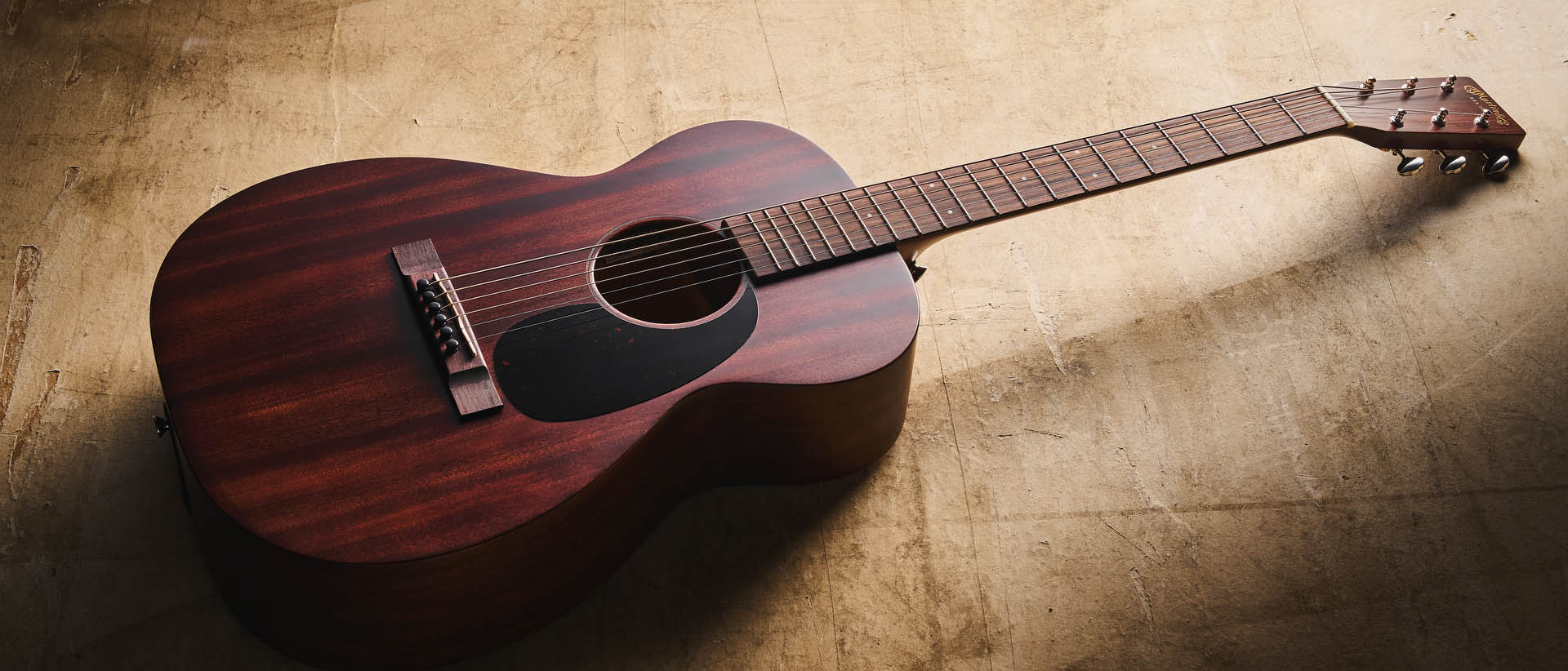Onslaught's Nige Rockett: ”I was consumed with right-hand speed… I was always more interested in the rhythmic side of things”
The guitarist and founder of the British thrash legends on how Generation Antichrist is such a lean, mean thrashing machine

Onslaught's Nige Rockett is not one to let a good riff go to waste. Though songwriting sessions for the Bristol, UK, thrash veterans’ new Generation Antichrist officially began in 2018, Rockett reached deep into the vaults to find the scrappy, power-chord-heavy chorus to Strike Fast Strike Hard, recalling a time when the band was trafficking in the adrenalized efficiency of early Eighties d-beat.
“The chorus on that song is something I stole from myself, a riff I’d actually written in 1983. It never got demoed,” Rockett says of its hardcore origins, offering that its straightforward slam syncs up with Generation Antichrist’s overall M.O. – “shorter songs, fewer layers, and go for raw power.”
This stripped-down approach is in part due to the exit of former guitarist Andy Rosser-Davies, a writing partner whom Rockett notes added a technical edge to 2011’s Sounds of Violence and 2013’s VI.
The comparatively brutalist, barbwire-knuckled thrash of Antichrist’s Religiousuicide and Addicted to the Smell of Death, meanwhile, seethe with unbridled intensity. Atop Rockett’s spiral-staircase riffery and Mach 10 downpicking, new lead player Wayne Dorman was given free rein to fire up his solos with a Phoenix-like clarity.
“The speed and cleanliness of his playing is amazing. He loves to sweep pick – which I’m not a massive fan of in thrash music – but there’s so much more to his playing. Aggressive, but so clean at the same time.”
• GUITARS (Rockett) Three 1987 Charvel Model 3's; (Dorman) Caparison C2, Ibanez Iceman 400
• AMP (Rockett) Kemper Profiler rack preamp, Engl E840 Valve Poweramp, Marshall DSL 100 head, Line 6 G90 wireless system; (Dorman) Kemper Profiler Stage, Engl Invader, Line 6 G50 wireless system
• EFFECTS (Rockett) MXR Smart Gate, Fulltone OCD
Though Onslaught’s earliest days were driven by a steady diet of Discharge and one-time tourmates Motörhead (the steam-rolled and slightly bluesy album closer “A Perfect Day to Die” is a tribute to Lemmy Kilmister), it’s not for nothing that Onslaught once wrote a track called “Thrash ’Til Death.” Rockett’s deft rhythm work is a testament to nearly 40 years of metal-edged wrist refinement.
“Around 1984-’85, I’d spend hours every day working the right hand. I was more consumed with the right-hand speed than the left-hand speed, because I was always more interested in the rhythmic side of things. When we came back in 2005, it was something I had to relearn. That was tough,”
All the latest guitar news, interviews, lessons, reviews, deals and more, direct to your inbox!
Rockett says, though he adds confidently, “It’s not really a problem anymore — as long as I stick to my routine.”
Gregory Adams is a Vancouver-based arts reporter. From metal legends to emerging pop icons to the best of the basement circuit, he’s interviewed musicians across countless genres for nearly two decades, most recently with Guitar World, Bass Player, Revolver, and more – as well as through his independent newsletter, Gut Feeling. This all still blows his mind. He’s a guitar player, generally bouncing hardcore riffs off his ’52 Tele reissue and a dinged-up SG.

